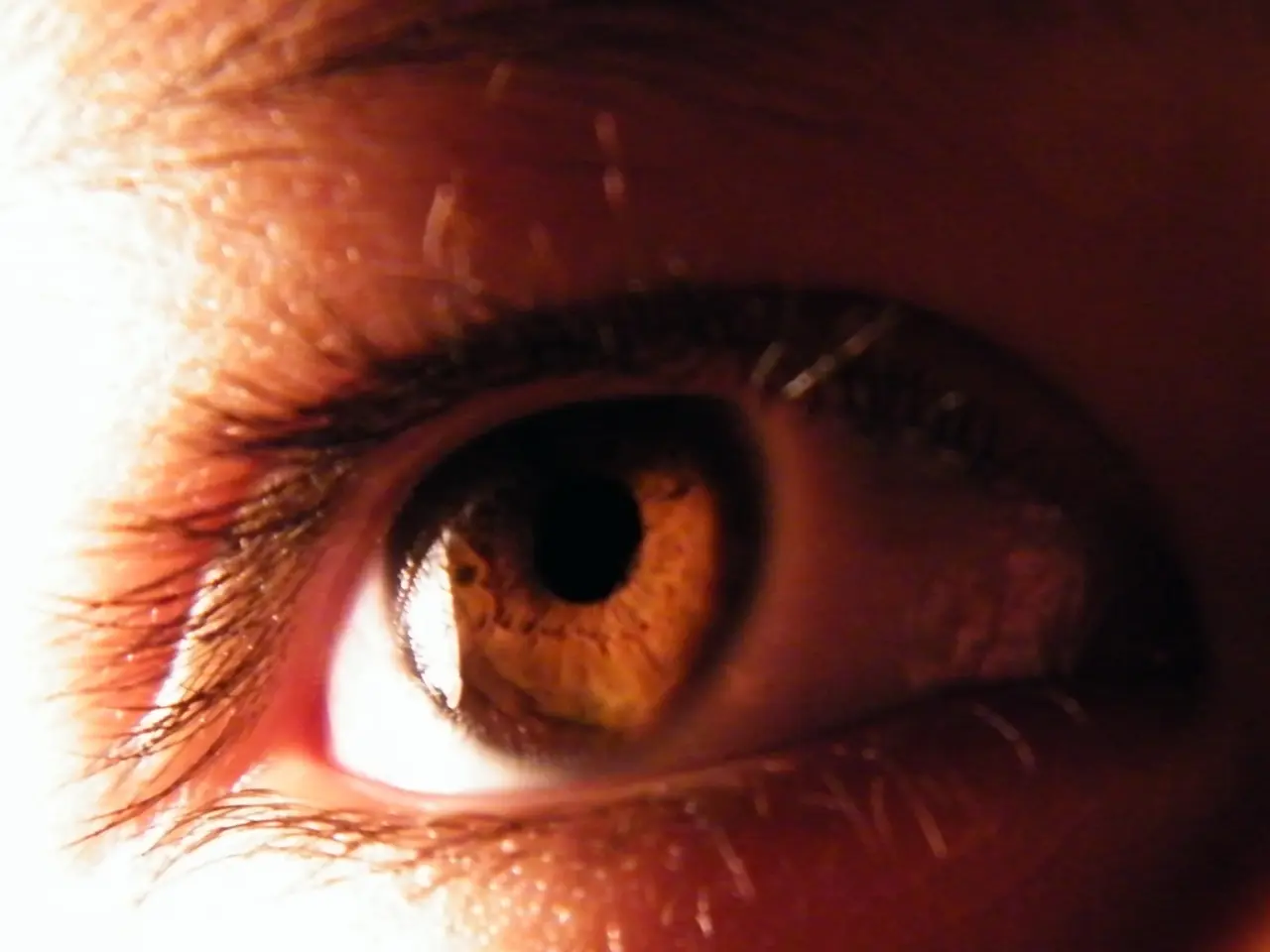Quickly achieving flawless skin at home, the natural way
In the quest for healthier and clearer skin, understanding one's unique skin type is crucial. Here are tailored skin care tips based on expert advice, designed to maintain a strong skin barrier, balance hydration, and avoid irritation.
For Dry Skin: Gentle cleansers that do not strip natural oils are essential to preserve hydration. Post-bathing, moisturize immediately with thick creams to lock in moisture. Serums with humectants like hyaluronic acid, which bind water to the skin, are beneficial. Seal with occlusive ingredients such as shea butter, squalane, or dimethicone to prevent water loss. Exfoliate gently with mild chemical exfoliants like lactic acid, and avoid harsh scrubs. Overnight hydrating treatments can boost skin plumpness and elasticity.
For Oily Skin: Focus on cleansers that regulate oil without over-drying. Lightweight moisturizers or gel-based formulations help hydrate without clogging pores. Regular chemical exfoliation with AHAs or BHAs helps unclog pores, reduce blackheads, and control oiliness. Clay or charcoal masks can absorb excess oils and minimize pore appearance without irritating skin. Manual scrubs should be avoided as they can aggravate oil production and cause inflammation.
For Combination Skin: Tailor products by zone, using hydrating creams on dry areas and light moisturizers or gels on oily zones to balance the skin. Gentle cleansing is crucial, and targeted exfoliation can help clear clogged pores. A hydrating serum with multiple weights of hyaluronic acid can provide instant and long-lasting moisture across different skin areas.
Other general tips include using blotting papers for oily spots, avoiding touching the face, and washing the hair daily or more frequently for those with oily skin. Wearing sunscreen with at least SPF 30 is essential when spending time outdoors. Stress management techniques, such as regular physical activity, massages, acupuncture, calming practices, yoga, and tai chi, can help manage acne breakouts or symptoms.
Remember, it's important to remove all makeup each night and clean any makeup brushes or tools regularly. Drinking water and eating a healthful diet may help keep the skin cells healthy. Topical medications, such as benzoyl peroxide, salicylic acid, topical retinoids, dapsone, and azelaic acid, may help control acne. Popping pimples can disrupt the body's natural healing process, increase the risk of additional pimples, and lead to permanent scarring.
A 2018 review found a positive relationship between milk and acne, with some believing this link is due to the growth compounds and hormones that milk contains. People with acne or blemishes may have dry, oily, or a combination of both skin types. Frequently asked questions about skin care include how to get clear skin naturally and overnight. Regularly washing with gentle cleansers, using natural makeup products, and staying hydrated are some natural remedies for clear skin.
Sources: [1] American Academy of Dermatology [2] British Journal of Dermatology [3] Journal of Investigative Dermatology [4] Clinics in Dermatology
- In the dry skin care routine, gentle cleansers that preserve natural oils are essential.
- For immediate hydration after bathing, use thick creams on your skin.
- Serums with hyaluronic acid are beneficial for dry skin as they bind water to the skin.
- Seal the moisture in your dry skin with occlusive ingredients like shea butter or dimethicone.
- Gently exfoliate dry skin with lactic acid, but avoid harsh scrubs.
- Oily skin requires cleansers that regulate oil production without over-drying.
- Lightweight moisturizers or gel-based formulations are ideal for oily skin.
- Regular chemical exfoliation with AHAs or BHAs can help unclog pores and reduce oiliness.
- Combination skin requires tailoring products by zone; use hydrating creams on dry areas and light moisturizers or gels on oily zones.
- Tailor exfoliation to targeted problem areas, as it can help clear clogged pores.
- A hydrating serum with multiple weights of hyaluronic acid can provide balanced moisture for combination skin.
- Blotting papers for oily spots, daily or more frequent hair washing, and wearing sunscreen with SPF 30 or higher are essential for maintaining overall skin health.
- Stress management practices like exercise, massage, acupuncture, yoga, and tai chi may help manage acne and skin-related conditions.
- Maintaining a healthy diet and staying hydrated may help keep your skin cells healthy.
- Topical medications like benzoyl peroxide, salicylic acid, retinoids, dapsone, and azelaic acid may help control acne. Popping pimples can lead to scarring and disruption of the body's natural healing process.




